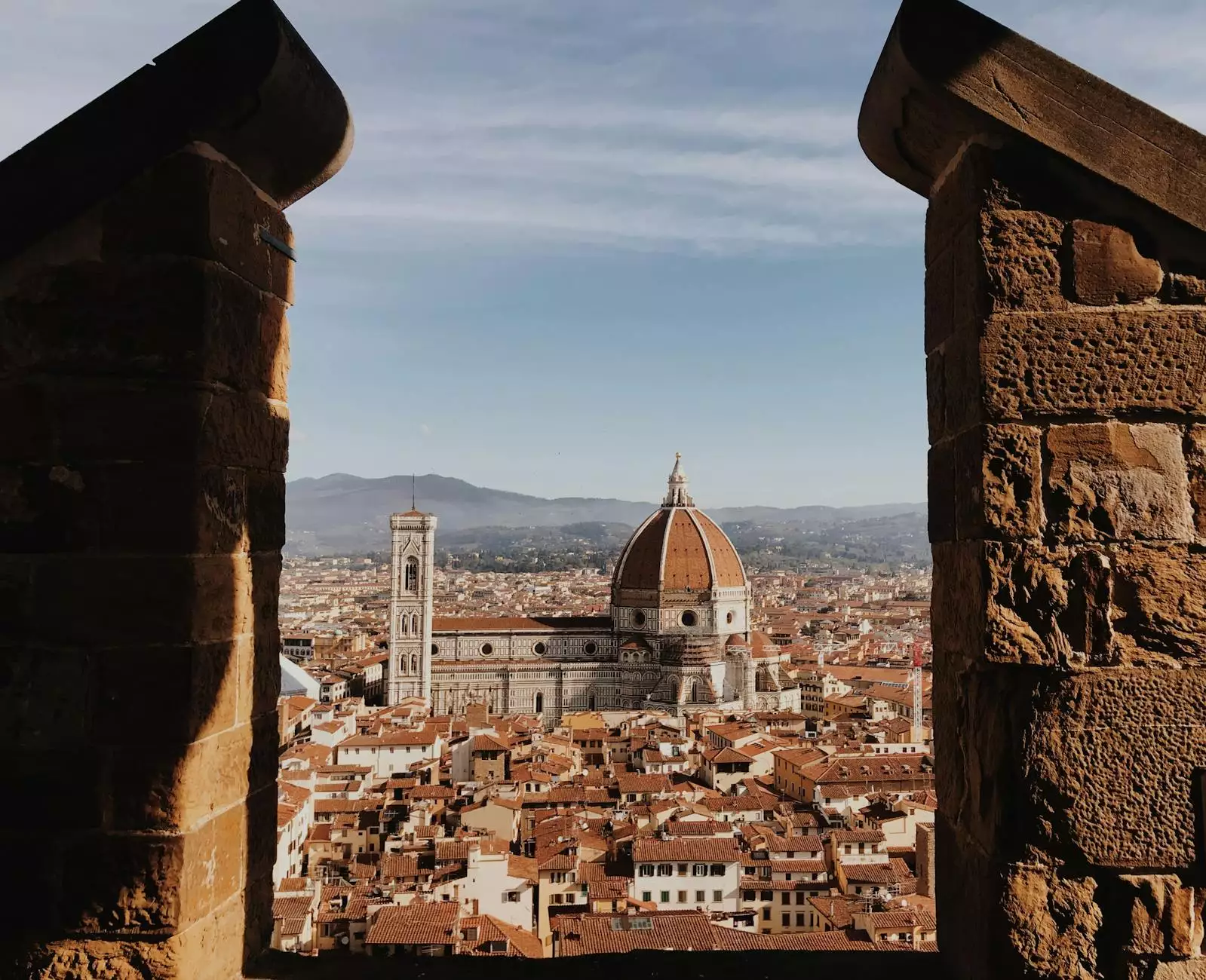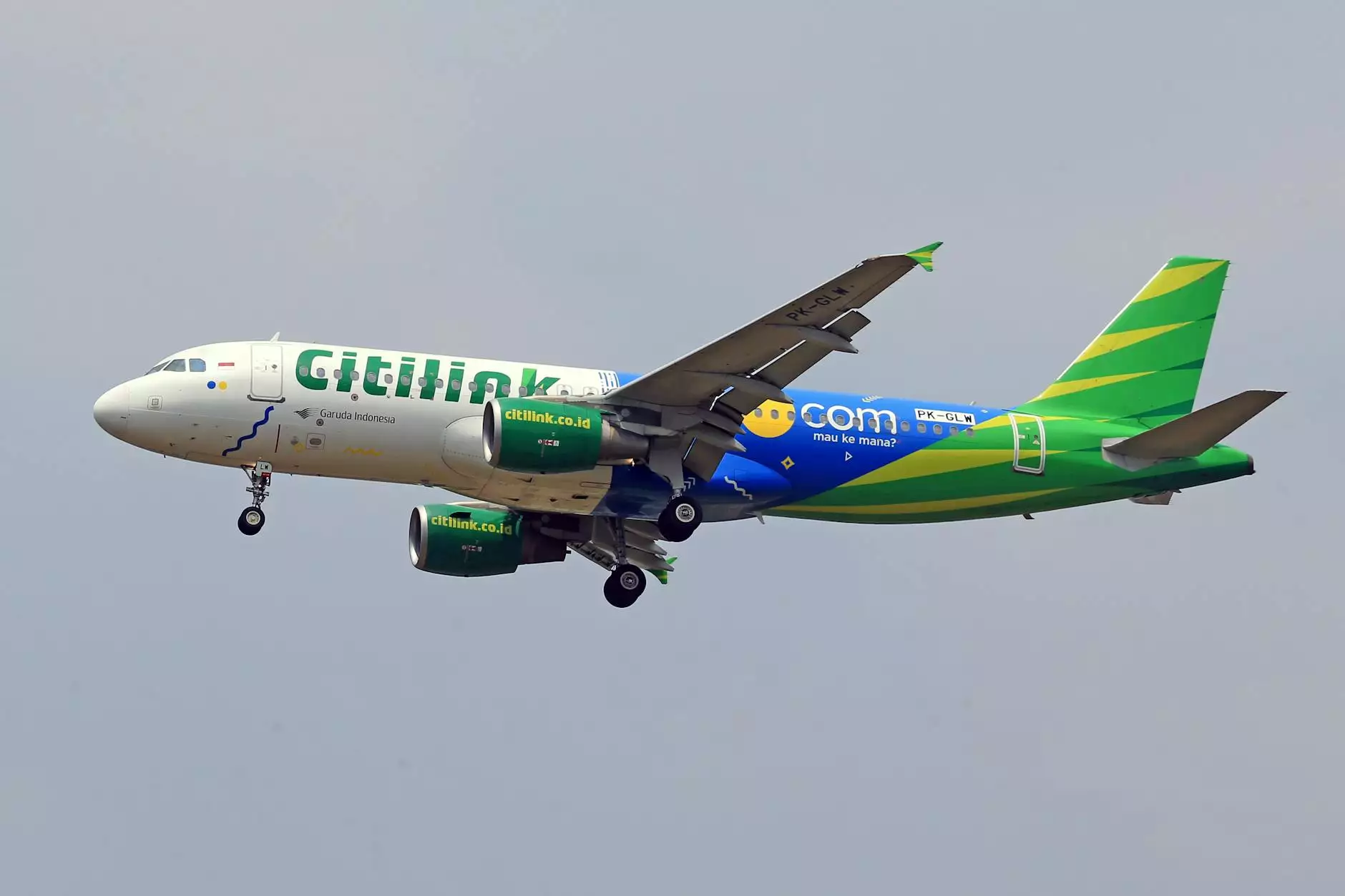Exploring the Impact of Black Churches in NYC

The black churches in NYC have long served as pillars of strength and community for countless individuals and families. These institutions are more than just places of worship; they are vibrant centers of culture, advocacy, and social services that play a crucial role in the lives of their congregants and the broader community. In this article, we will delve into the rich history, the multifaceted roles, and the enduring impact of black churches across New York City.
Historical Significance of Black Churches in NYC
The story of black churches in NYC is intricately linked with the history of African Americans in the United States. Dating back to the early 19th century, these churches emerged as safe havens for black populations who faced significant oppression and discrimination. They served as spaces where individuals could gather, pray, and assert their identities away from the societal constraints of the time.
One of the most notable establishments is the Abyssinian Baptist Church, founded in the early 1800s. Located in Harlem, this church was not only a place of worship but also a starting point for many civil rights initiatives. Throughout history, black churches have been at the forefront of the fight for equality, justice, and community empowerment.
Community Engagement and Support Services
Black churches in NYC are renowned for their deep engagement in community service. Many of these churches provide a range of support services, including:
- Food Pantries: Many black churches operate food pantries to help those in need. They work tirelessly to ensure that families have access to nutritious meals.
- Financial Counseling: To combat economic difficulties, churches may offer financial literacy courses and one-on-one counseling.
- Educational Programs: From tutoring services to educational workshops, these churches take an active role in improving literacy and providing learning opportunities for youth and adults alike.
- Mental Health Services: Recognizing the importance of mental well-being, some churches provide counseling and mental health resources to their members.
The Role of Black Churches in Social Justice
Throughout their history, black churches in NYC have been crucial battlegrounds for social justice issues. They have been instrumental in mobilizing community action against systemic racism, advocating for civil rights, and addressing social inequities.
Notable figures such as Rev. Dr. Martin Luther King Jr. and Malcolm X were closely associated with black churches, employing them as platforms to spread their messages of equality and justice. Today, many black churches continue to engage in activism, tackling issues such as police violence, voter suppression, and economic disparities with fervor and determination.
Fostering Cultural Identity and Heritage
Black churches offer a key space for the preservation of African American culture and heritage. Through gospel music, traditional preaching styles, and communal gatherings, these churches provide a sense of belonging that resonates deeply with their congregants. Each service is often imbued with cultural expressions, making worship a deeply enriching experience.
The cultural impact of black churches has spread beyond their walls, influencing music, art, and community celebrations across the city. Events such as Black History Month and Juneteenth are often celebrated in partnership with local churches, showcasing the rich traditions and resilience of the African American community.
Challenges Faced by Black Churches Today
Despite their vital role, many black churches in NYC face a myriad of challenges. These include decreasing membership numbers, financial constraints, and the need to adapt to rapidly changing demographics. The influx of gentrification in neighborhoods historically served by these churches has also led to displacement and a shift in community needs.
To combat these challenges, many churches are re-evaluating their strategies, embracing technology, and reaching out to younger generations through innovative programming. By utilizing social media and online platforms for services and outreach, they are able to maintain connections and foster community engagement.
Success Stories from Black Churches in NYC
Numerous success stories demonstrate the profound impact black churches have had on their communities. For instance, Bridge Church NYC, located at the heart of New York City, has launched several initiatives focused on youth empowerment and community service. Through programs that foster leadership skills and community involvement, they are cultivating a generation equipped to carry on the legacy of their forebears.
Local churches have also partnered with schools to enhance educational outcomes for students, proving that the influence of faith-based organizations extends beyond the spiritual into tangible societal improvements.
Conclusion: The Enduring Legacy of Black Churches in NYC
The black churches in NYC are more than just houses of worship; they are dynamic institutions that continue to shape the fabric of the city. As places of refuge, activism, fellowship, and cultural pride, they embody the resilience of the African American community. The challenges they face today are significant, but through unity, creativity, and an unwavering commitment to service, these churches will undoubtedly continue to make an impact for generations to come.
In conclusion, understanding the multifaceted roles and contributions of black churches enriches our appreciation of their importance within the urban landscape of New York City. Their legacy serves as a reminder of the power of communal faith and the enduring pursuit of justice and equality.
FAQs about Black Churches in NYC
What role do black churches play in social services?
Black churches often run community services like food pantries, educational programs, and health services to support their local neighborhoods.
How have black churches impacted social justice movements?
They have been at the forefront of civil rights movements, advocating for equal rights and justice while mobilizing community action.
What cultural aspects do black churches promote?
They promote African American cultural heritage through music, celebrations, and communal gatherings that emphasize tradition and unity.
What challenges do black churches face in modern times?
Challenges include declining membership, financial struggles, and the effects of gentrification in their communities.
How can I get involved with a black church in NYC?
Many black churches welcome community involvement through volunteer opportunities, attending services, and participating in local programs.









